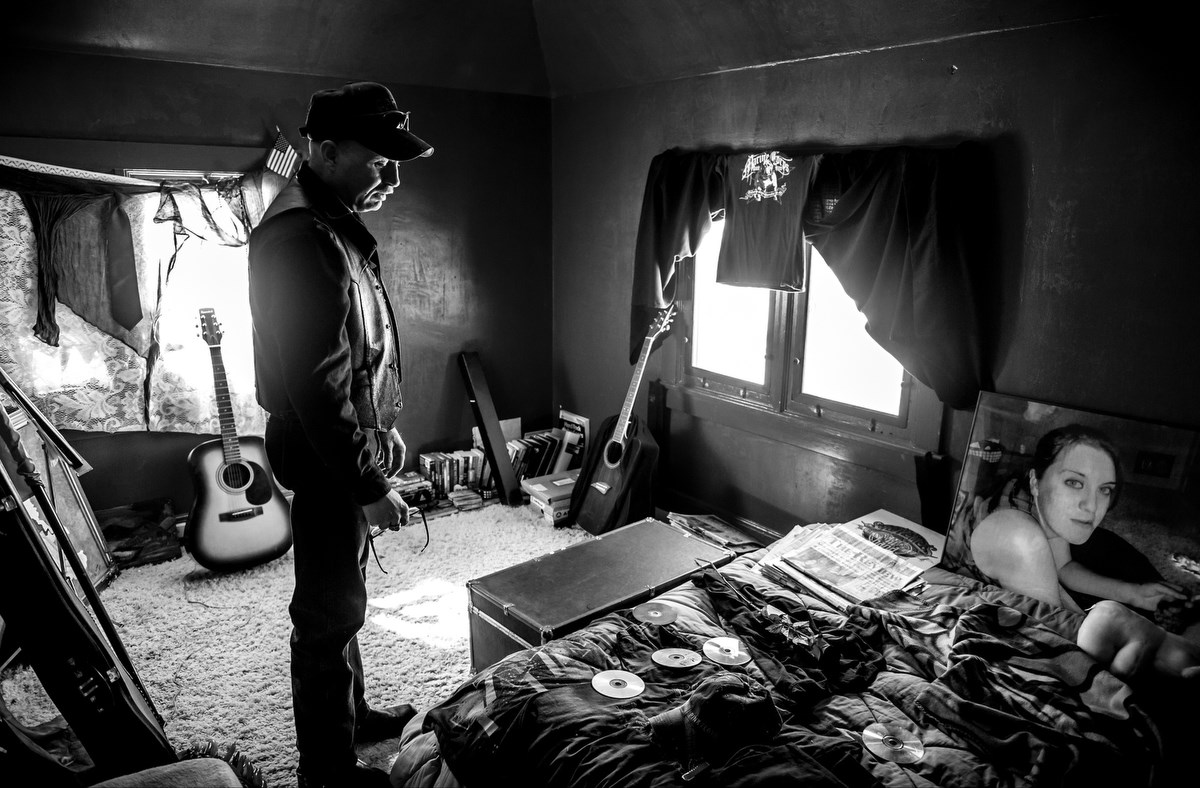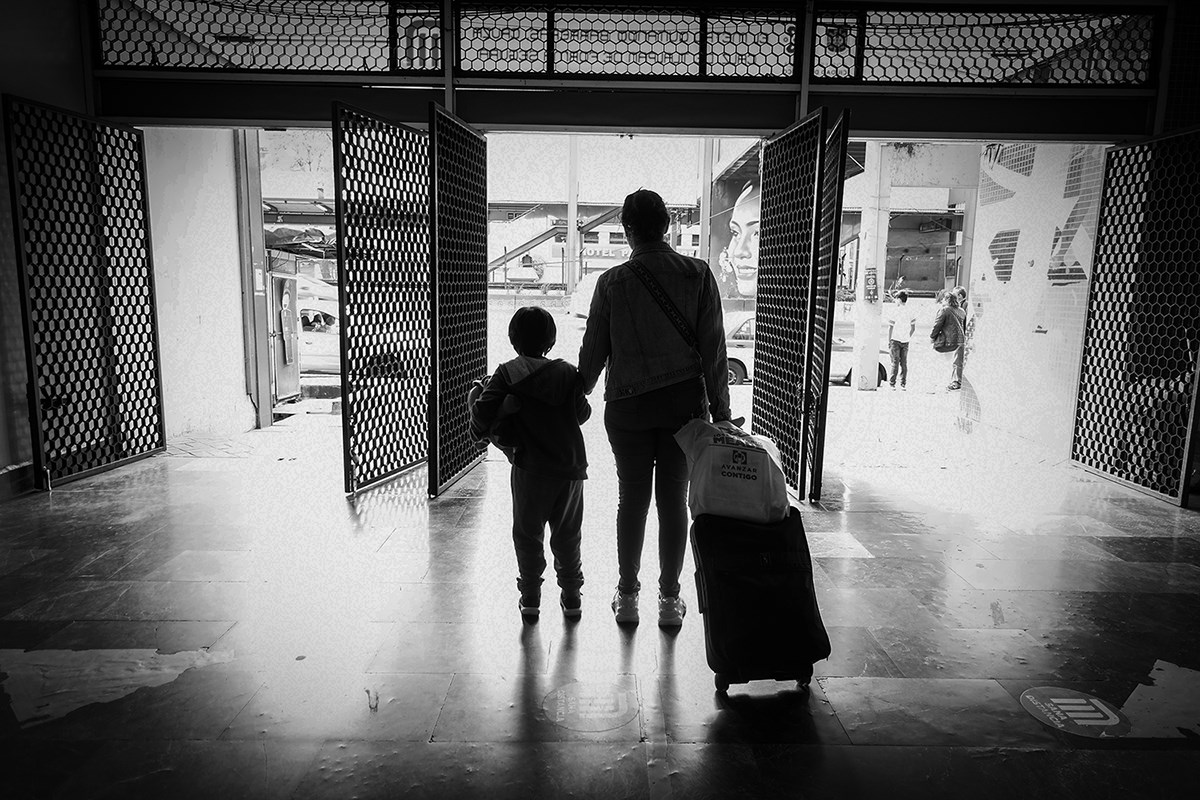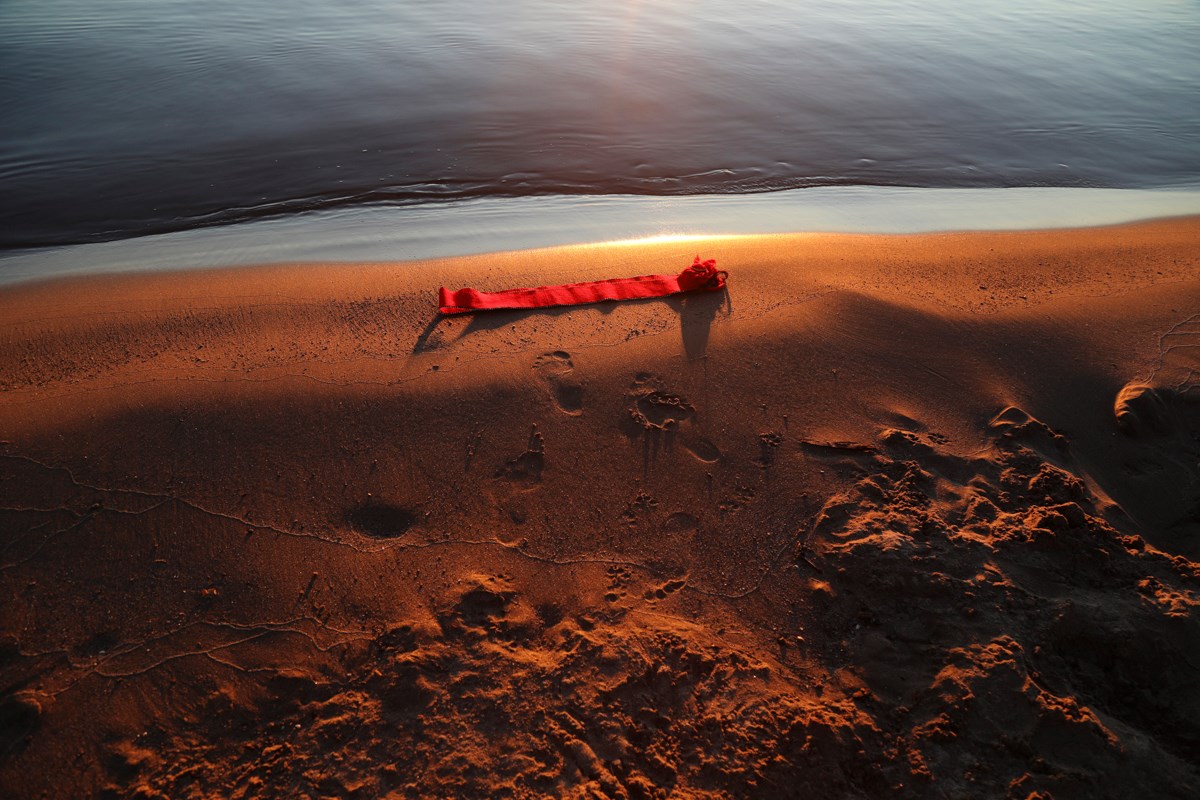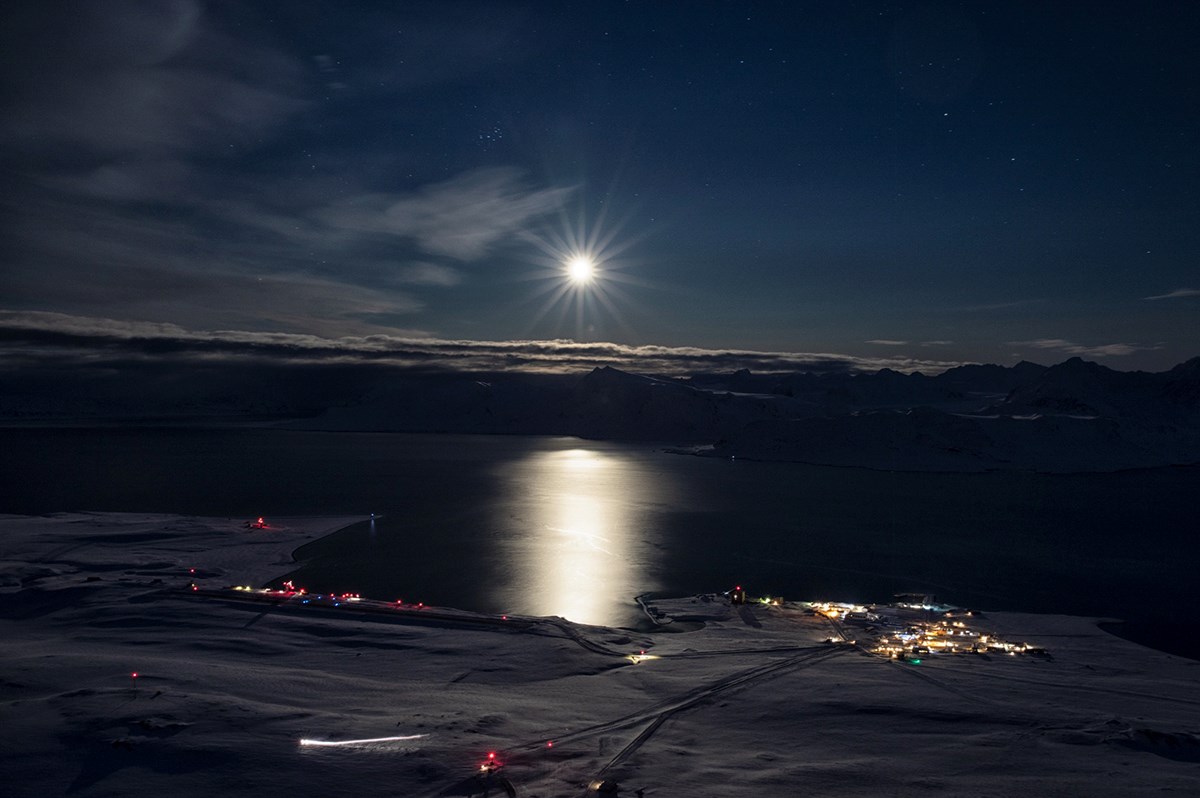Today is International Women’s Day, and Leica Camera has marked the occasion by announcing the four recipients of the fourth annual Leica Women Foto Project Award. For the first time, Leica Camera accepted entries from the United Kingdom, Mexico, and Canada in addition to the United States, aiming to expand diverse representation in the photography industry whilst also encouraging the inclusion of all perspectives.
The Leica Women Foto Project remains an example of Leica’s ongoing commitment to elevating marginalised voices and empowering the female point of view through photography.
This year’s awardees: Anna Filipova (UK), Eli Farinango (Canada), Greta Rico (Mexico), and Mary F. Calvert (US), were selected by a panel of notable judges ranging from award-winning photojournalists to renowned contributors to the world of photography. Each winner will receive a Leica SL2-S camera, a Vario-Elmarit-SL 24-70mm f/2.8 ASPH lens, and a cash prize of $10,000.
Since its inception in 2019, the Leica Women Foto Project has been a platform to support a diverse, inclusive community through photography. The award is a catalyst to reframe how we see, think, and express our visual narrative while encouraging photographers to demonstrate the importance and impact of a woman’s point of view.
To date, the initiative has fuelled diversity in visual storytelling through grants and sponsorships with Women Photograph, Black Women Photographers, Photoville, Las Fotos Project, and the ConnectHer Film Festival while co-creating the Leica Women Foto Project Grant for the Leica Society International’s own philanthropic efforts.
“We were delighted to have the UK market join the fourth iteration of the Leica Women Foto Project and received a wide body of work from extremely talented photographers,” says Lydia Beagelman, head of marketing and public relations for Leica Camera UK: “This award highlights the female perspective and identifies the importance of capturing moments that bear witness to how we see and interact with our world. With the prizes, we aim to advance the development of underrepresented visual storytellers and provide additional support for their future projects.”
Leica Women Foto Project Award recipients were determined by a panel of notable judges based on the quality of the photography, the sophistication of the project and dedication to the medium of photography.
Leica Women Foto Project judges
- Karin Rehn-Kaufmann, Director, Leica Galleries Worldwide
- Liz Johnson Artur, Photojournalist
- Amanda de Cadenet, Photographer, Author and Media Personality
- Natalia Jimenez, Senior Picture Editor, The Washington Post
- Elizabeth Krist, Former Senior Photo Editor at National Geographic
- Kate Kuo, Director of Photography, LA Times
- Whitney Matewe, Photo Editor, Time Magazine
- Mary McCartney, Photographer
- Renee Mussai, Senior Curator and Head of Curatorial & Collection, Autograph ABP
- Nikki Reed, Actress, Photographer
- Laura Roumanos, Co-Founder, Photoville
- Sara Rumens, Features Picture Editor, The Times
- Jennifer Samuel, Photo Editor, National Geographic
- Maggie Steber, Documentary Photographer & Guggenheim Grant Fellow
4th Annual Leica Women Foto Project Winners
Mary Calvert – US
Concentrating on documenting social justice issues neglected by the media at large, photographer Mary F. Calvert has focused her attention for the past nine years on documenting military sexual abuse (MST) in the United States Armed Forces. Her previous work has been selected as a finalist in Feature Photography in the 2020 Pulitzer Prize and has won numerous awards, including the World Press Photo Contest and the Cliff Edom New America Award. In her shattering project Left Behind, Calvert draws attention to the impact of MST on victims and their families, as well as the scars of trauma that are left long after events of sexual assault.

Greta Rico – Mexico
Inspired by the artist’s own family history, Mexican documentary photographer Greta Rico’s harrowing and illuminating project, Substitute Mother, tells the story of her cousin Siomara, who became a “Substitute Mother” to her three-year-old niece following her mother’s murder. This project shows how femicide does not end with murder but has psychosocial impacts that cause trauma in orphan children, in mothers, sisters, grandmothers and aunts who become “Substitute Mothers” due to violence.

Eli Farinango – Canada
Eli Farinango, this year’s winner from Canada, explores the vastness and beauty of the healing journey through her documentary photography, exploring spaces to reclaim ancestral memory through image-making and collaborative processes. Born in Kichwa territory in Ecuador and raised in Algonquin territory in Canada, Farinango’s winning project, Wilkay, traces the artist’s experience of transformation and healing from abuse and mental illness, allowing her to reconnect with her roots, family and ancestors in the process.

Anna Filipova – UK
Choosing to explore unique environmental and scientific topics based in remote and inaccessible areas, UK-based visual journalist Anna Filipova uses captivating imagery and compelling stories to raise awareness for climate change. Her winning project, ARCTIC: THE DARKEST HOURS, explores Ny-Ålesund, Svalbard, where the largest laboratory for modern Arctic research is housed, along with research scientists who make up most of the population. This area has the cleanest air on Earth but also receives circulated air from Europe and North America, allowing for extensive research of post-global warming conditions.

To see more about the Leica Women Foto Project Award, visit Leica Camera and @leicauk on Facebook and Instagram.
Join the Macfilos subscriber mailing list
Our thrice-a-week email service has been polished up and improved. Why not subscribe, using the button below to add yourself to the mailing list? You will never miss a Macfilos post again. Emails are sent on Mondays, Wednesdays, and Fridays at 8 pm GMT. Macfilos is a non-commercial site and your address will be used only for communications from the editorial team. We will never sell or allow third parties to use the list. Furthermore, you can unsubscribe at any time simply by clicking a button on any email.

Thank you for this. I’d like to say these women are ‘inspiring’, but with their personal histories — htey’re more on the ‘amazing’ end of he spectrum.
Thank you Kathy… Leica seems to be very proactive in this regard, possibly due to Mrs. Kaufmann’s influence.
One could be cynical about this — after all, what company wouldn’t want to double its market? But, as I recall reading, Leica helped their employees flee Nazi pogroms.
I’m inclined to give htem credit on this one too 🙂
On the same subject, we are very light on female authors and commenters, which I take as being light on female readers. In fact, Kathy, you are our foremost female follower. I wonder how we could encourage more participation?